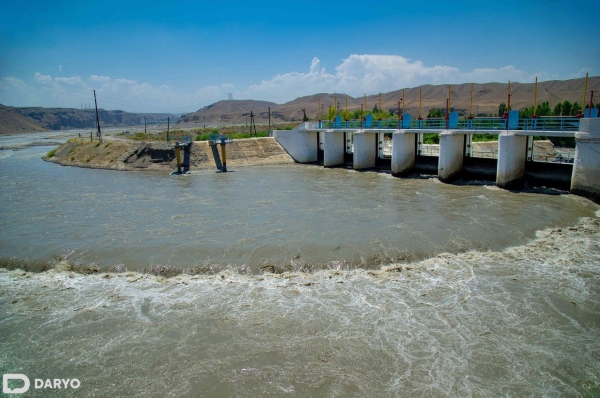The deputies of the Oliy Majlis, Uzbekistan’s parliament, have reviewed the draft Water Code during its first reading on July 30, as reported by the press service of the Legislative Chamber. This code is poised to become a comprehensive legal framework for water and water use management in Uzbekistan.

The draft Water Code aims to consolidate and clarify the legalities surrounding water use, specifying the roles, responsibilities, and functions of the Cabinet of Ministers, government agencies, and local authorities in regulating water relations.
The lands of the water fund, which encompass lakes, rivers, streams, and other natural water sources, are planned to be transferred to the Ministry of Water Resources and its regional organizations. This move aims to centralize and streamline water management.
The draft code introduces mechanisms for public-private partnerships (PPP) in the water sector, which could foster greater investment and innovation in water management. Conditions for issuing permits for water use will be simplified, encouraging private sector participation.
One of the main principles outlined in the code is ensuring the profitability of water suppliers. This includes provisions to ensure the reimbursement of costs for water supply, which is expected to make the water supply sector more sustainable and financially viable.
The code introduces direct action norms, replacing the referral norms. This change will result in the cancellation of several resolutions, provisions, and procedures previously approved by the Cabinet of Ministers, simplifying the regulatory framework.
The adoption of the Water Code is expected to improve water management and the efficiency of water use in Uzbekistan. By increasing the responsibilities of both suppliers and consumers, the code aims to enhance accountability and performance in the water sector. Additionally, it is designed to stimulate investment and modernization within the industry, fostering advancements and improved infrastructure.




